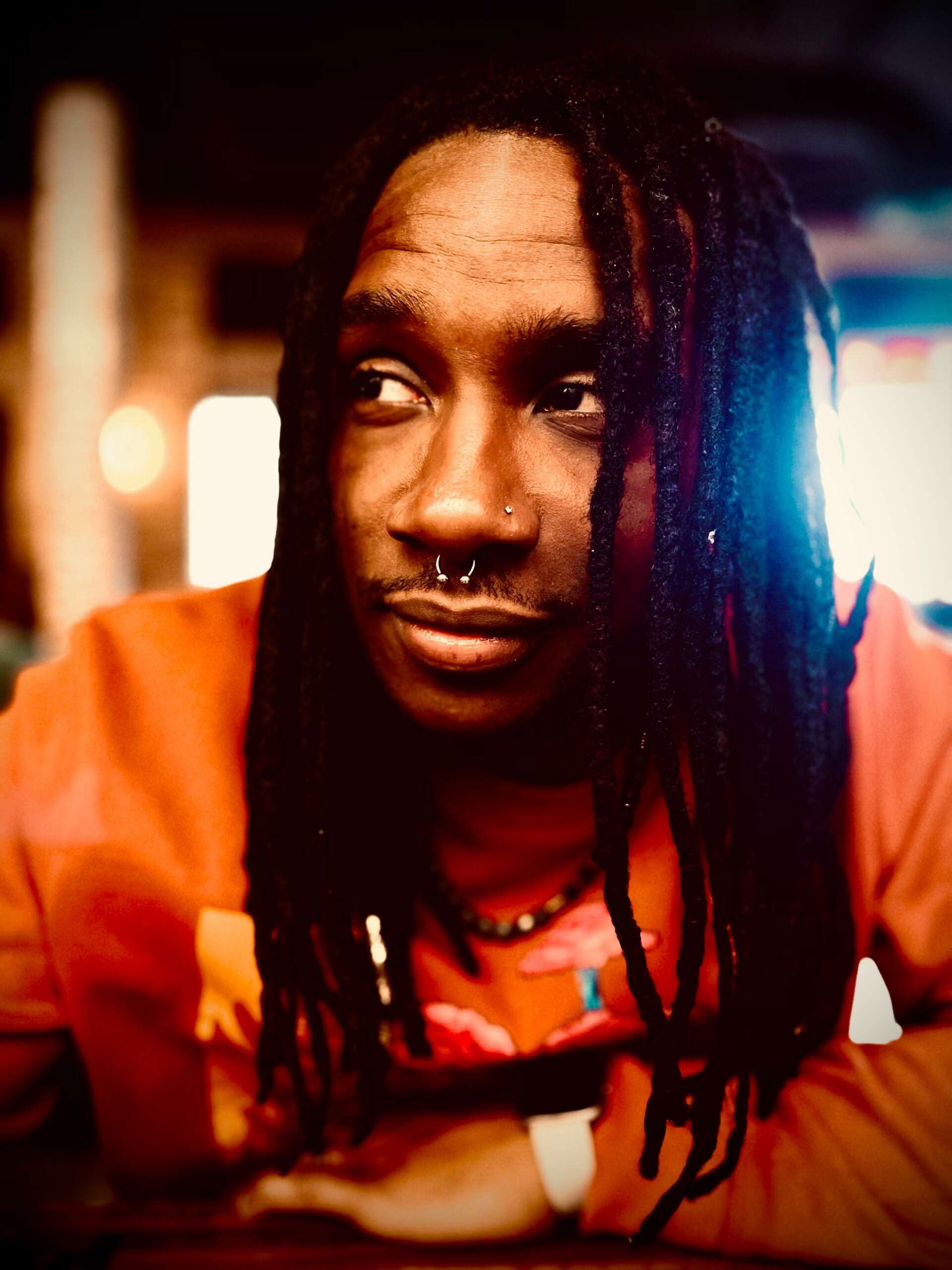We were lucky to catch up with Torie Montrel recently and have shared our conversation below.
Torie, thanks for taking the time to share your stories with us today When did you first know you wanted to pursue a creative/artistic path professionally?
When I was a child, I would doodle and draw on everything except the walls and paper. I loved to get lost in the process of learning different ways to design characters by mimicking the styles from my favorite books and shows. I was mesmerized by the different concepts and themes I was exposed to. It inspired me to make these elaborate stories with anything I could turn into a character. My imagination would allow me to pretend anything from action figures to hair rollers and twist ties were characters playing roles. The stories and visuals were just flowing. The day I knew I wanted to do art as an adult was when I saw Disney’s “Tarzan” as a child. My father brought me to the movies when it premiered and between the fluidity of animation and the soundtrack; I was absolutely blown away in that theatre. That’s the moment I knew I wanted to make things like that.
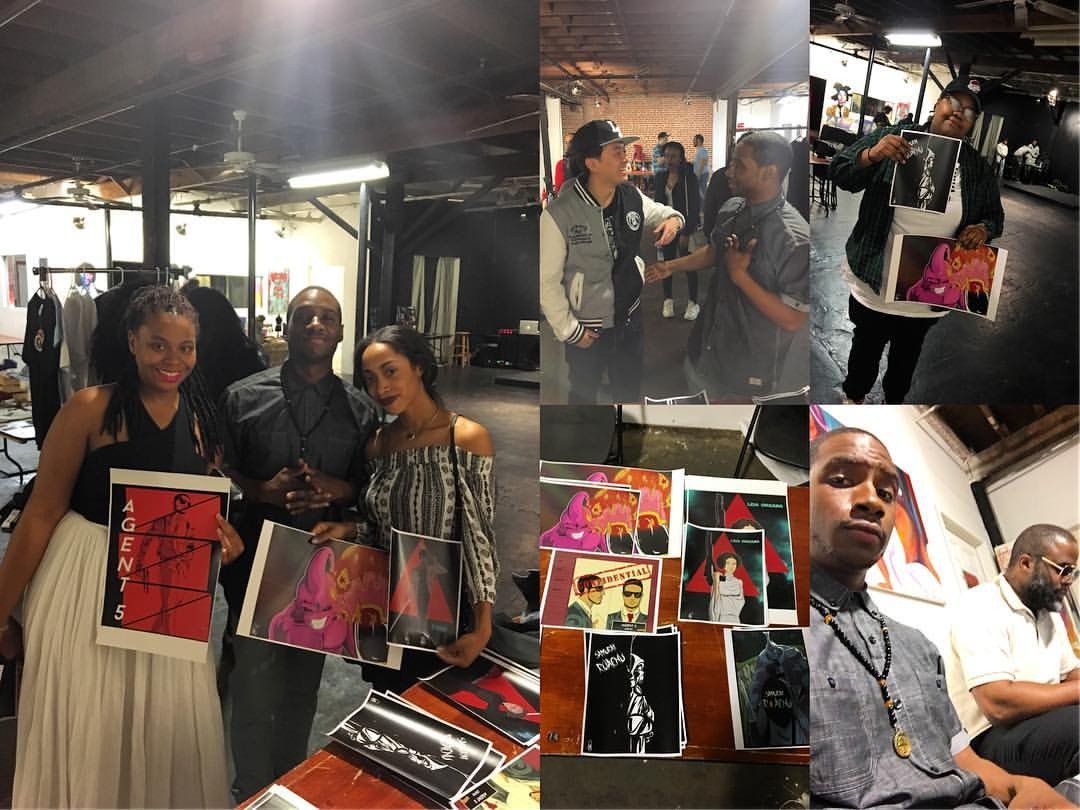
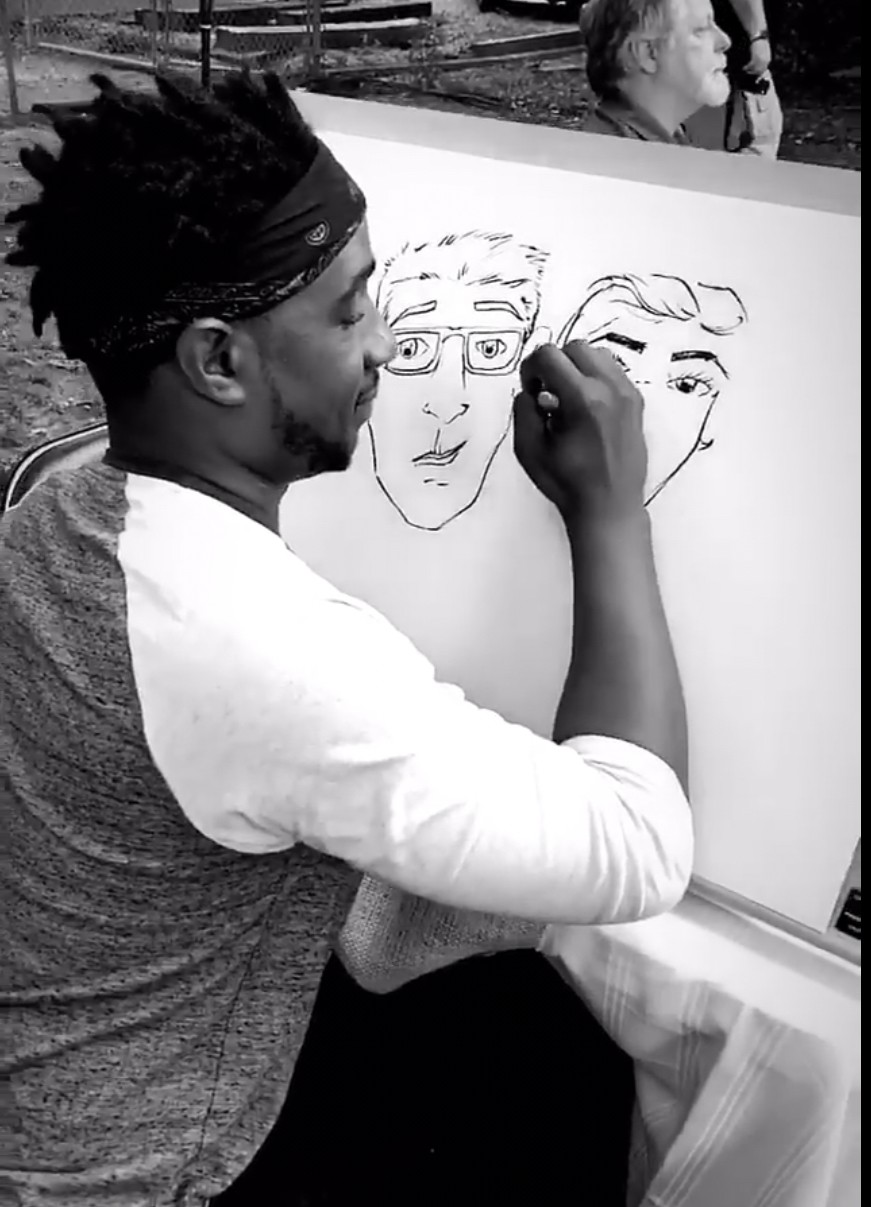

Awesome – so before we get into the rest of our questions, can you briefly introduce yourself to our readers.
My name is Torie Montrel. I’m a published illustrator, professional character design and storyboard artist from Charleston, SC. I Graduated from the Art Institute of Atlanta in 2014, earning myself the “Best Portfolio Award” majoring in Media Arts & Animation. My illustration career officially began between 2002 and 2003, when I was commissioned to work on a children’s book for author Willette Goulet. Mrs. Goulet commissioned me with the intention of having the book illustrated by a kid for the kids. At the time I assumed the pages I created would be given to a professional to redraw, but my original illustrations were used for the final draft and released as “Gizmo’s Day Out”. This amazing experience gave me my first illustration credit and solidified me as a published illustrator at 9 years old. I continued to explore the depth of my interests and build on the skills I was developing. As a teenager I started writing stories and scripts with my friends; as well as practicing in digital animation, comic art and music. The connections I was fortunate to make presented me with opportunities, from animating music videos to illustrating podcast episode covers for JP Morgan. Bringing my ideas to life is therapeutic and fulfilling. I’ve been told that I give my characters and illustrations a lot of personality. I’ve heard it feels like the characters are alive, which is amazing because to me they are.
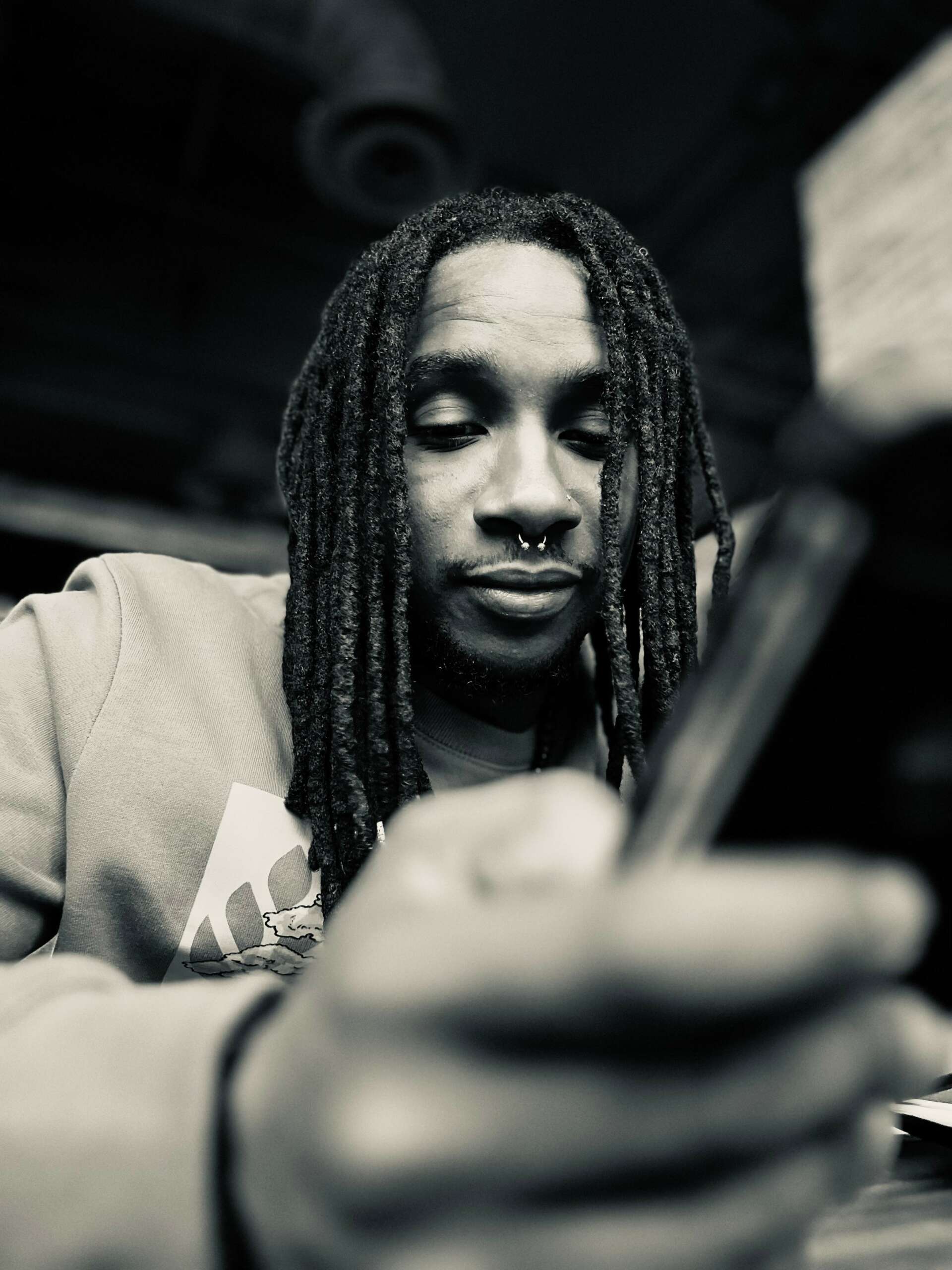
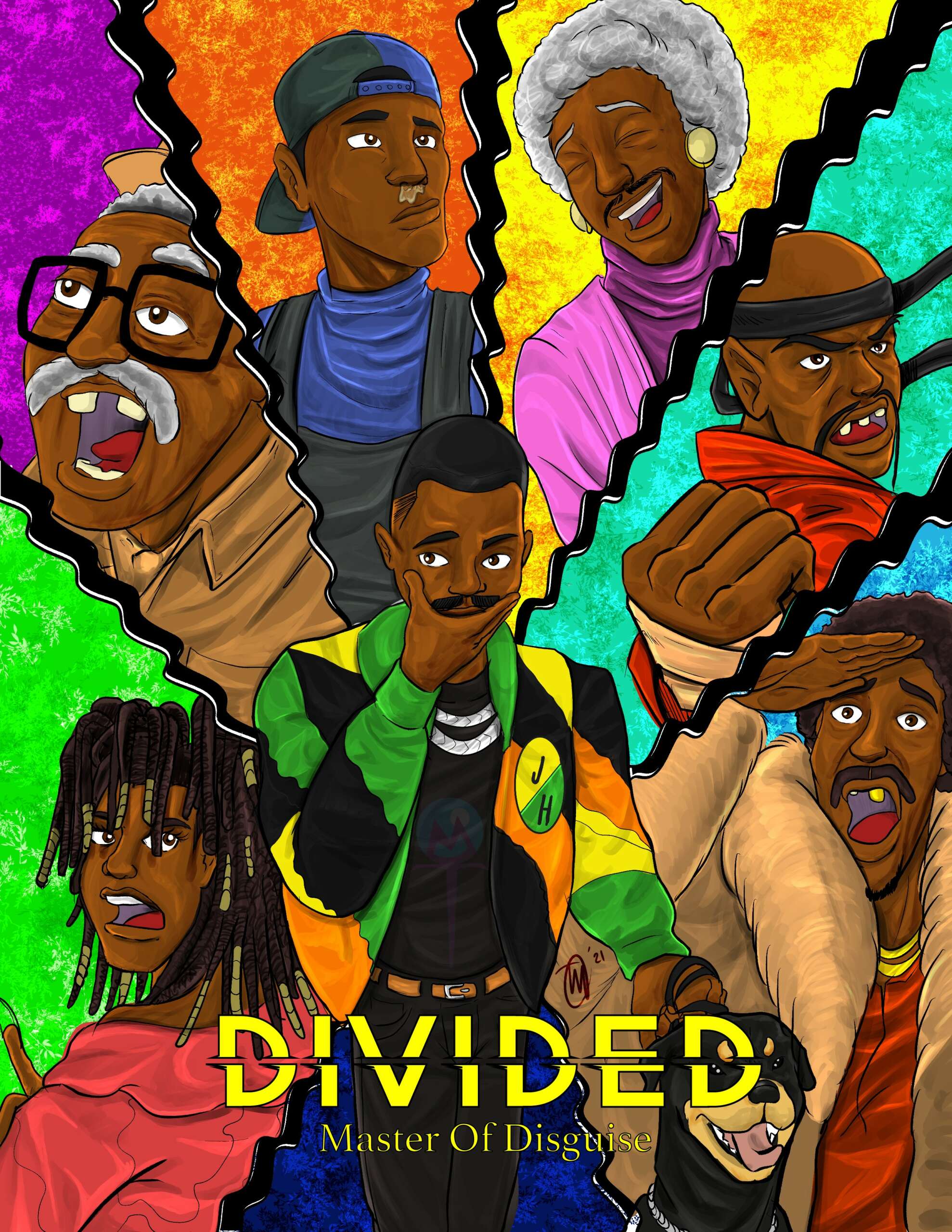
What’s the most rewarding aspect of being a creative in your experience?
There’s many rewarding aspects of being a creative. It depends on what kind of creative you are that determines how you use or see those aspects. For me as Torie Montrel, creating and working on so many different stories showed me how much control I have over my perspective. Perspective is probably one of the most expensive and improperly used keys we’ve been given for free. A great analogy I can give is, “Everything you want at the top of a hill. There’s a snake pit in front of you, but since you’re afraid of snakes you can’t bring yourself to cross it to even reach the base of the hill. After a while, you focus so much on the snake pit that you won’t realize you’re talking yourself out of climbing the hill altogether.”
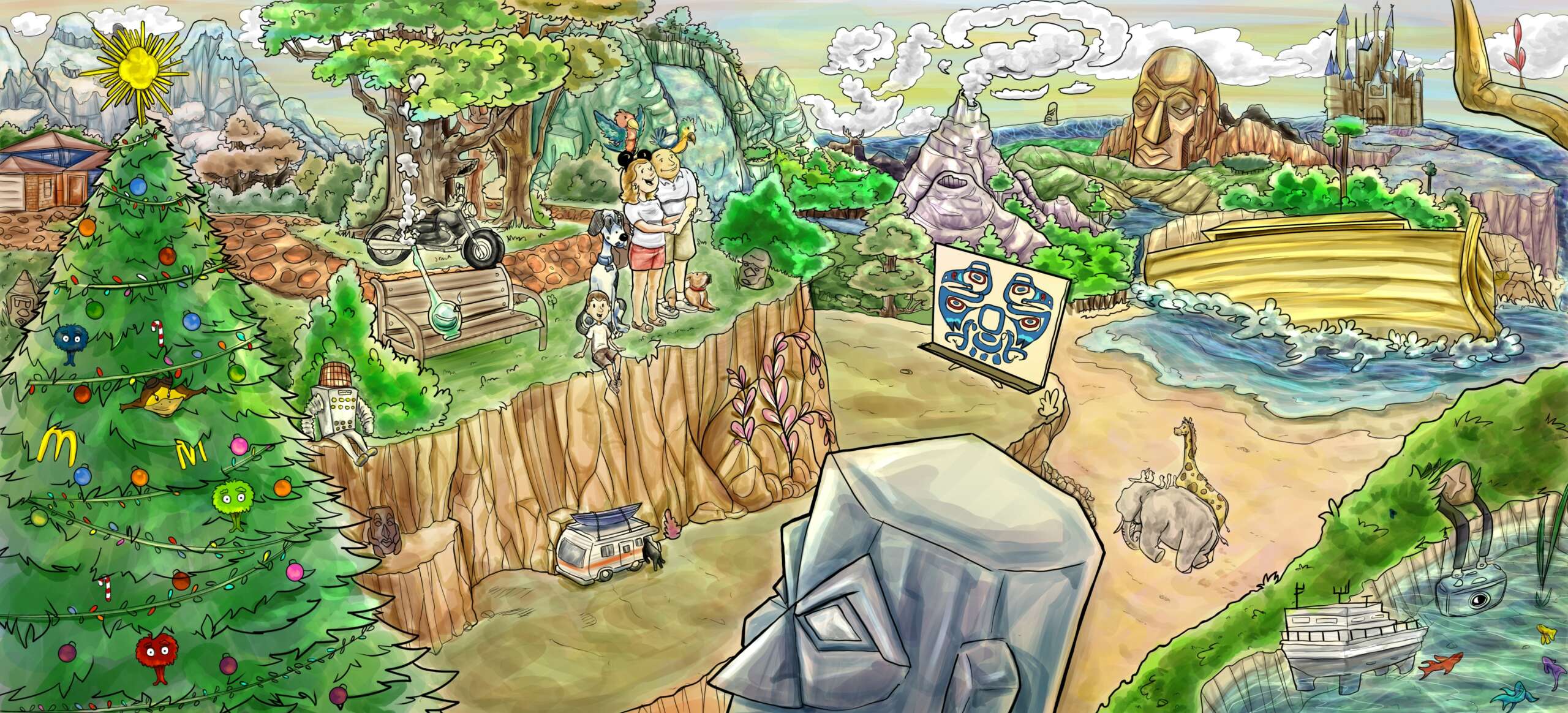
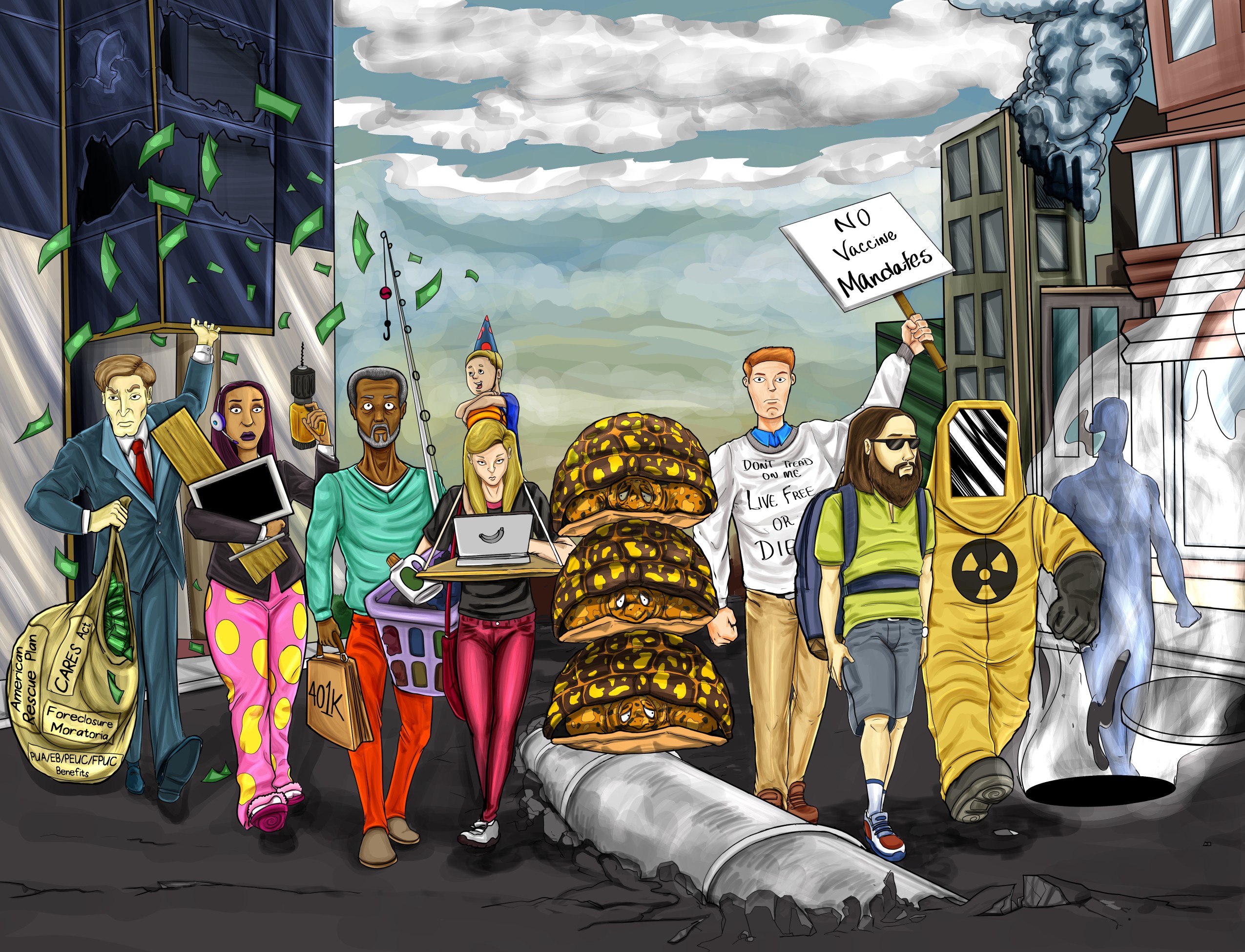
Are there any books, videos, essays or other resources that have significantly impacted your management and entrepreneurial thinking and philosophy?
In no particular order I’ll always recommend that creatives should read “The Alchemist” by Paulo Coelho, “Atomic Habits” by James Clear and “Rich Dad, Poor Dad” by Robert Kiyosaki. One will teach you how to see your journeys. One will teach you how to create who you need to be on the journeys. One will teach you how to control your impulses during the journeys. As a bonus I would throw in “Who Not How” by Dan Sullivan for the creatives like myself, who tend to believe we have to put on a bunch of hats because it’s easier to hold yourself accountable than others. Doing everything yourself is a recipe for premature burning out, which hurts you and your creativity simultaneously in the long run every single time.
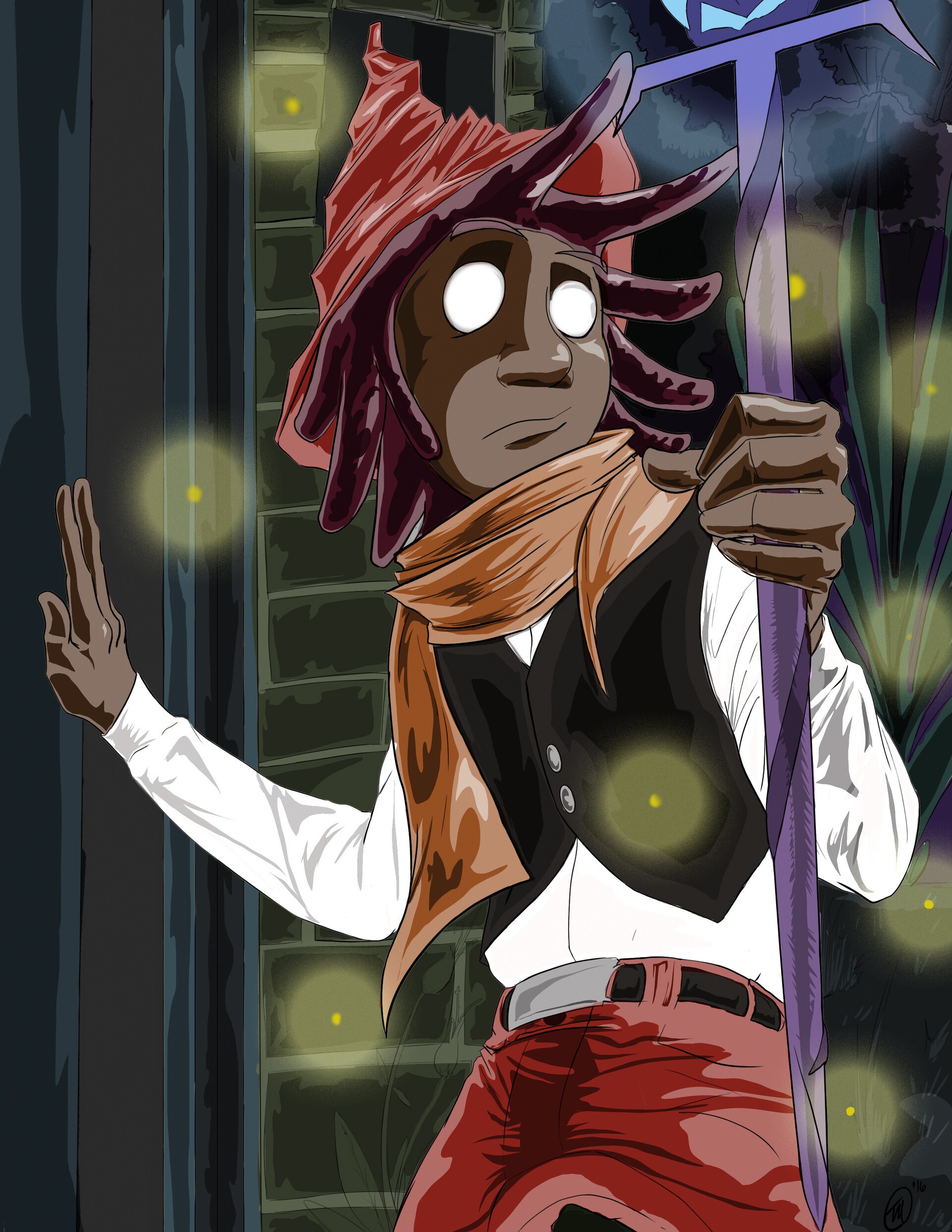
Contact Info:
- Website: www.toriemontrel.com
- Instagram: www.instagram.com/toriemontrel
- Facebook: https://www.facebook.com/toriemontrelart
- Linkedin: www.linkedin.com/in/toriemontrel


